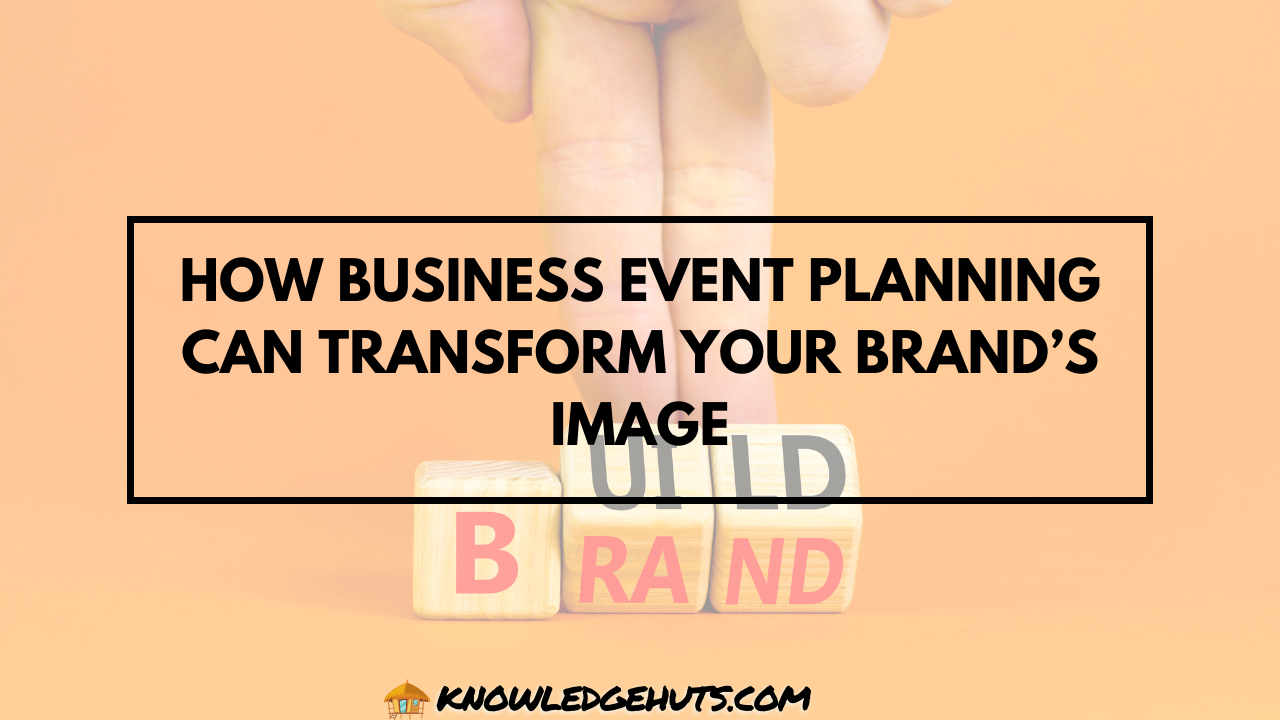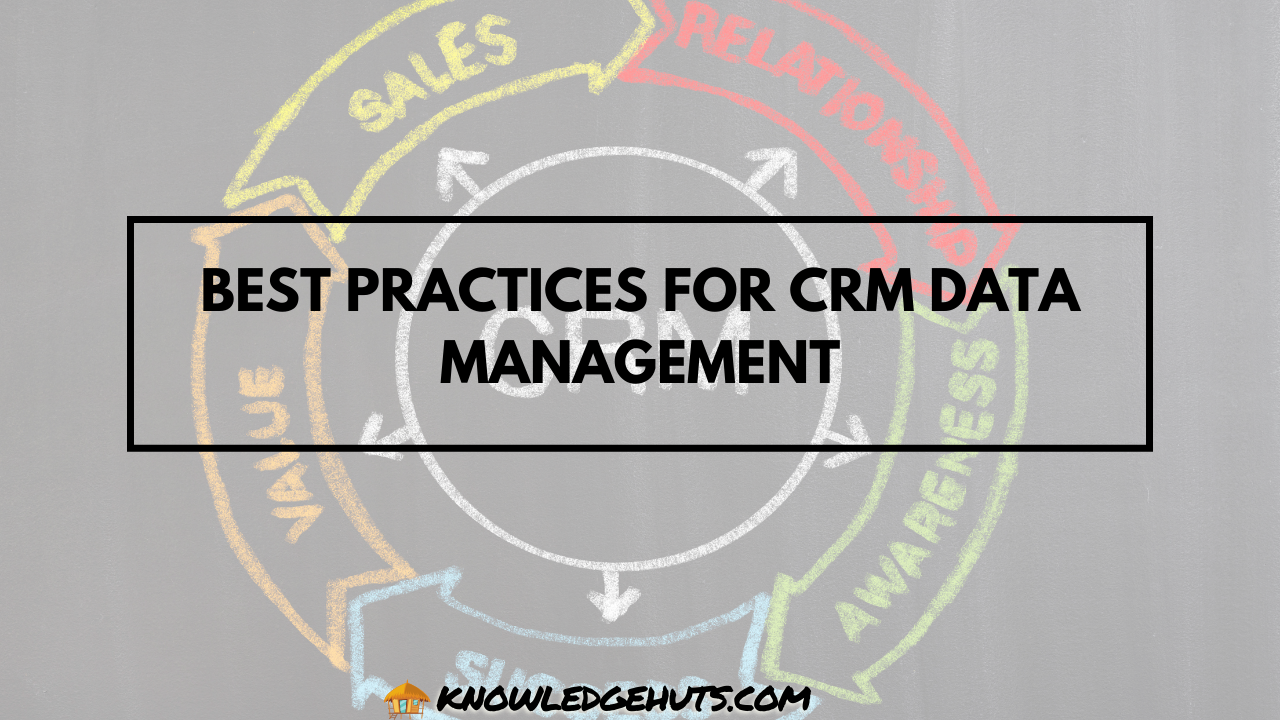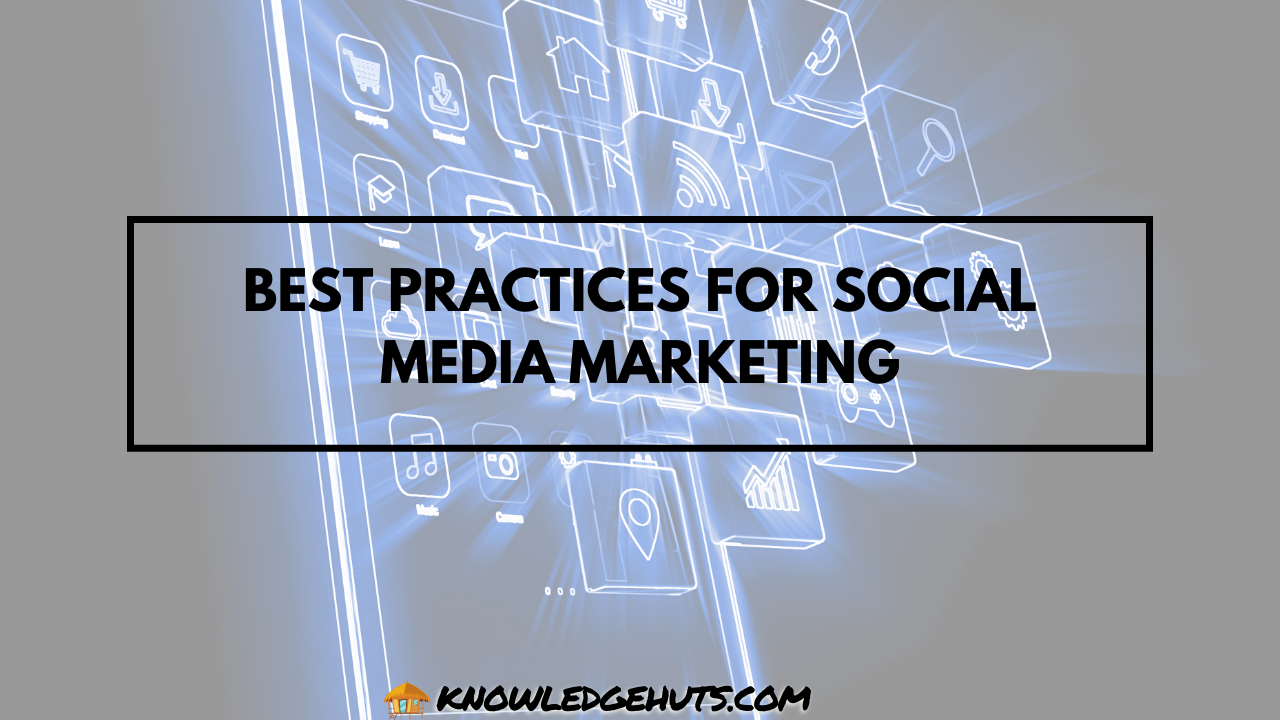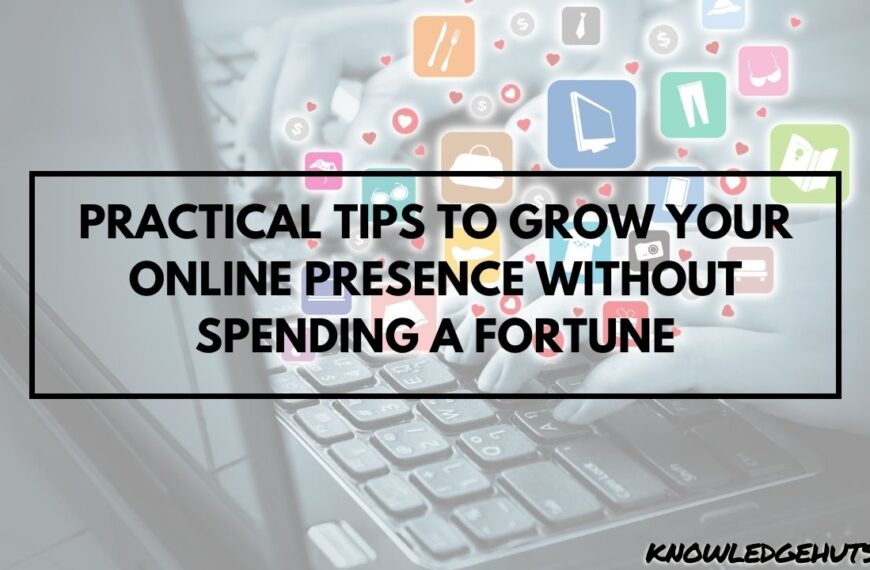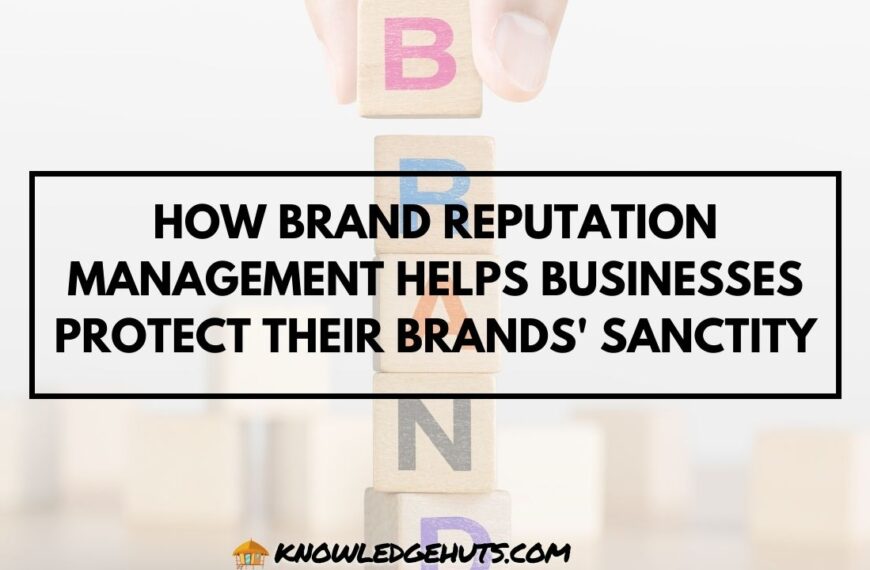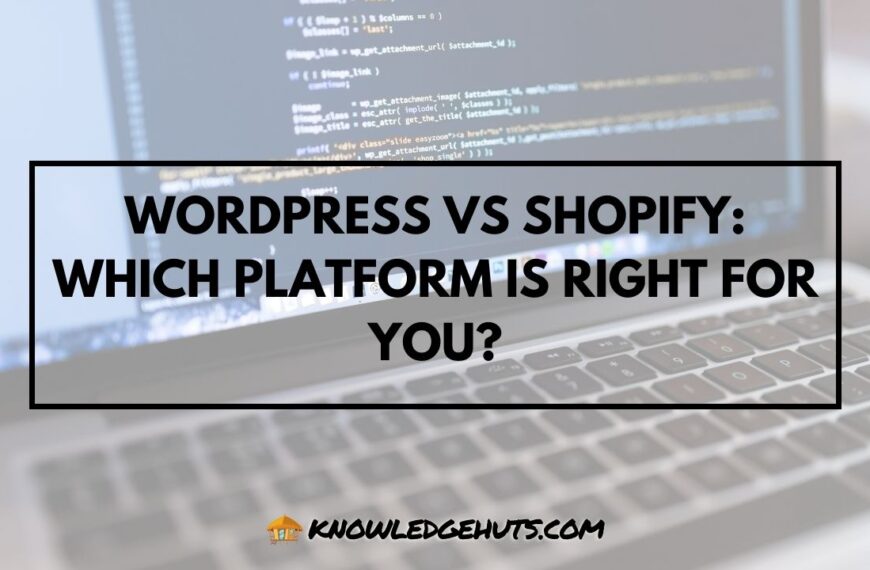Business event planning is not about selecting a date and preparing a venue, but it’s a well-planned tool that can help change and shape your brand’s image. The following gives an overview of how business event planning can make a great difference – successfully:
1. Designing the Invitation
Why it Counts: Invitations are way more than notices; they’re a glimpse of what your event promises. They set the tone and create anticipation among your guests. A well-designed invitation alone may send ripples of excitement, increased attendance.
Tip: Use an invitation maker that truly represents the style. A good invitation should inform and allure.
2.Boosting Brand Awareness
How It Helps: Business events help as a great channel to expose your brand to newer audiences. Be it a seminar, product launch, or networking event; every such gathering helps in presenting what your brand is about.
Tip: Let the theme of your event be at par with the content and hence ultimately meet your brand’s message for the attendees.
3. Building Strong Relationships
Why It Matters: Events create that very special opportunity to reach out to your audience personally. Personal interaction directly between customers, partners, and peers in the industry leads to trust and loyalty.
Tips: Have some real conversations and activities during the event that will help in building long-term relations with your audience.
4. Product and Service Showcase
How It Benefits You: A formal event provides you with an opportunity to showcase products or services live. Demonstrations and chances of a hands-on session make it more relatable and accessible for the audience, turning potential clients into customers.
Tips: Make sure to arrange some product demonstrations or hand-on tests that might amaze the audience and at the same time assure possible sales for you too.
5. Building Your Brand’s Credibility
Why it matters: Hosting successful events means your brand can and is committed to quality experiences. This then cements your brand as an industry leader and improves its reputation.
Tip: Pay attention to every minute detail of the event. It will portray a reflected image on your brand that can beat all others.
6. Defining Clear Goals
How It Helps: Clearly define what you would like to achieve from the event. Whether it’s the launching of a new product, educating your audience, or building relations, having clear-cut objectives will provide the right direction to your entire planning process and make sure that your event meets the goals of your brand.
Tip: This will outline the event’s goals, hence keeping your planning focused and effective. Use a daily planner app to streamline the process, save time, and ensure you stay organized every step of the way.
7. Knowing Your Audience
Why Important: Without having a good understanding of the audience’s interests and needs, it is unimaginable to have an event really reach out to your audience. The more the content and form of an event is suited to the needs of your audience, the higher is the relevance, success, and appropriateness of the event.
Tips: Do some research so that you can make smart decisions about precisely what should be in your event and how it should be laid out.
8. Budget Creation
How It Pays: Budgeting controls expenditure and ensures best return on investment. Having a controlled budget prevents one from overspending and ultimately maximizes returns at the event.
Tip: Allocate funds between the venue, catering, and other heads to maintain a decent budget.
9. Venue Selection
Why It Matters: The venue is the place where your event takes place, where your guests will be able to find it easily, feel comfortable, and also be suitable for maintaining the brand image. A good choice of venue helps to enhance the whole experience and to reach the purposes that have motivated the organization of the event.
Tip: Make sure to consider a venue that supports the tone of your event and reinforces your brand identity.
10. Event Promotion
How It Helps: It strives to bring awareness of an event. The more the awareness, the larger the possibility of a far better turnout. Promotion via social media and email to conventional forms can be done in its promotion to a larger audience.
Engagement Tip: Have there be a strategic marketing plan available with the sole purpose of making the event as visible as possible and allure more and more attendees towards it.
11. Attendee Engagement
Why: You want your audience to be interested and invested in the event itself. Q&A sessions or live demos are just examples of how to make people interested and participating.
Tip: Engage in the integration of interactive elements and participation that offer participants an enriched experience with improved learning retention.
12. Event Follow-up
How It Benefits You: Follow-up will nurse the relationships and give even more feedback post events. You should write letters or thank you notes, highlight overview of events, and mention that those who attended are appreciated for having honored the invite.
Tips: Reach out to attendees in order to solidify that great experience in coming to your event so your brand is top of mind.
Business Event Planning Benefits
More Brand Loyalty: A successful event maintains brand loyalty, ensuring continuity in patronizing your brand.
Sales and Boost in Engagement: Events increase the interest, sales, and engagement of the brand exposed during most occurrences.
Reputation Improvement: Hosting a professional and memorable event leads to an increase in the value of your brand reputation, hence attracting new customers and partners.
Conclusion
Events develop great networking opportunities that always lead to potential new partnerships and collaborations. Event strategic planning is a powerful medium to change the identity of your brand. Whether it’s the design of the invitation card, the experience of the attendees, or the product demo, each aspect of business event planning speaks for the brand. A well-crafted invitation card sets the tone and can significantly impact the first impression of your event. While a well-organized event focuses on highly structured planning, it also places extreme importance on every minute detail related to creating brand awareness, reputation, and loyalty. Keep that in mind the next time you plan an event, and watch your branding success soar.
